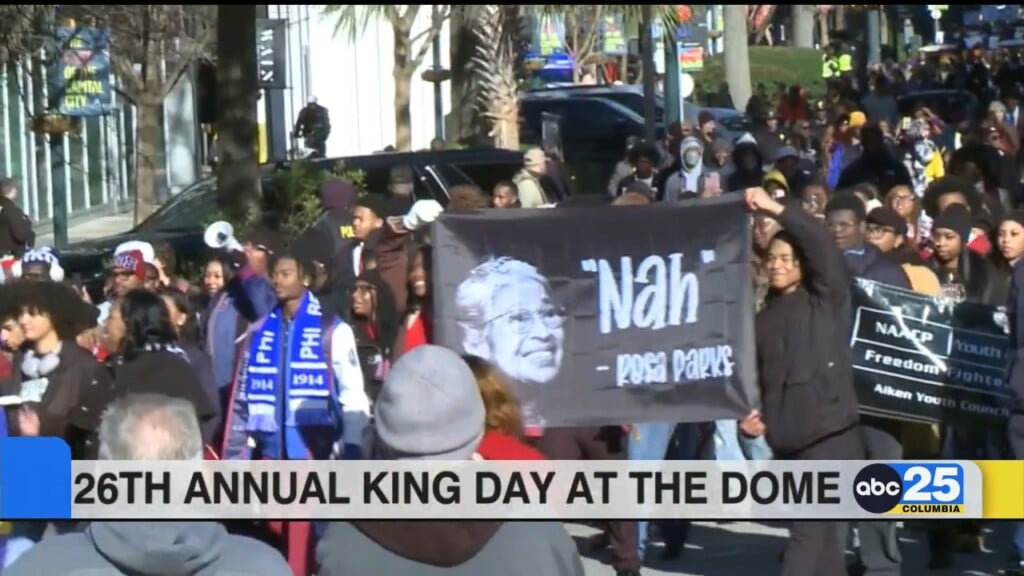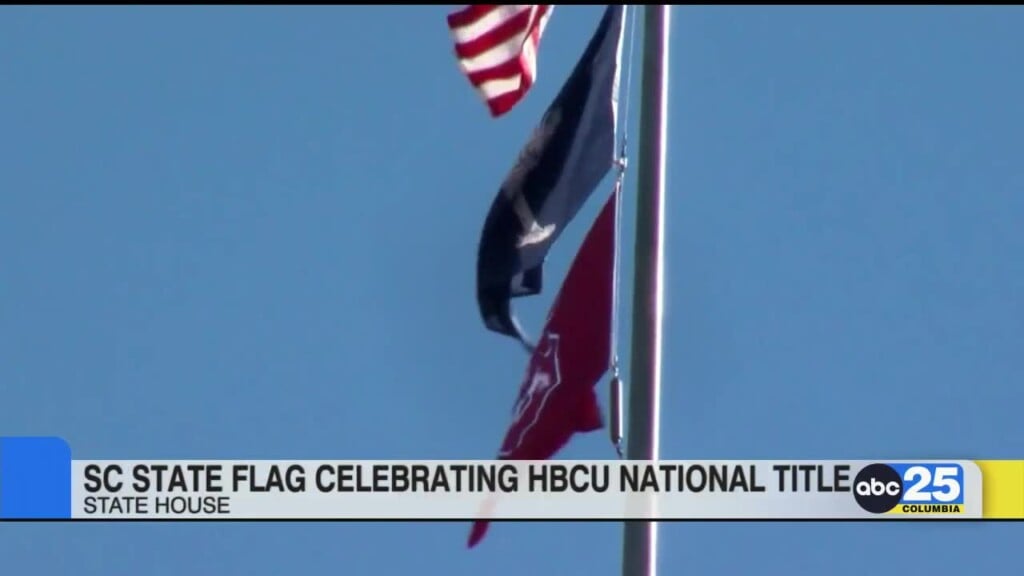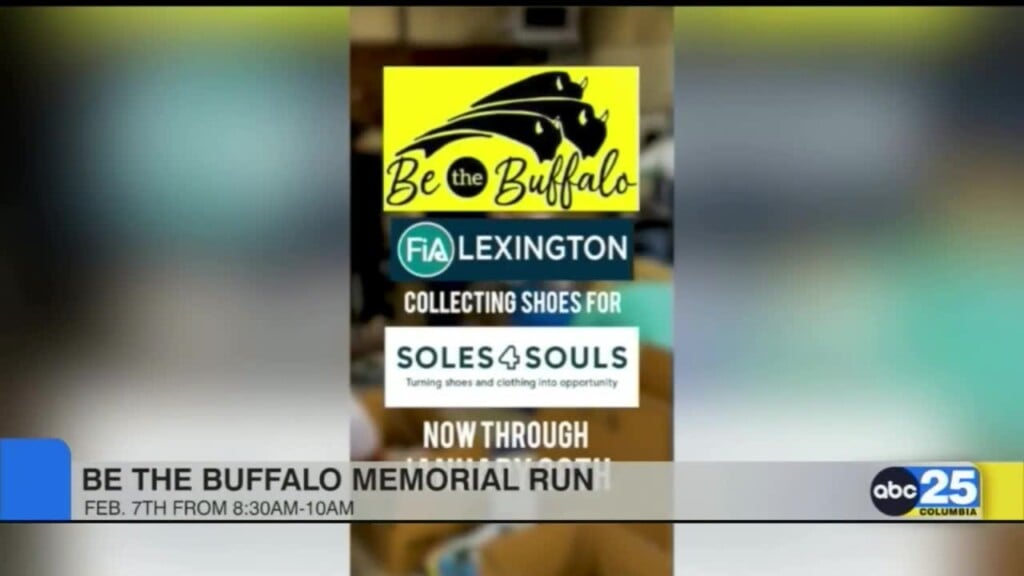Collegiate Recovery Day at State House recognizes alcohol and drug abuse programs
Representatives from schools and organizations across the state shared their stories of hope and recovery to the crowd.
COLUMBIA, SC (WOLO) — For some college or university students, exposure to alcohol or drugs can lead to addiction and failing grades.
At the State House on Thursday, Lieutenant Governor Pamela Evette joined the South Carolina Department of Alcohol and Drug Abuse Services and academic partners from across the state to recognize National Collegiate Recovery Day.
Representatives from schools and organizations across the state shared their stories of hope and recovery to the crowd.
Lt. Gov. Evette read a declaration by Governor Henry McMaster — making April 15th “Collegiate Recovery Day” in South Carolina.
“And as a mother, if I knew I had a child that would be going to college, and needed a support system that I now couldn’t be the support system for when they’re at home… I’m so proud to know that all of you have stepped in to be the support system for people needing help,” says Evette.
Raylyn Garner with a group called Gamecock Recovery at the University of South Carolina coordinated the event.
“I hope that this event just shows that recovery is beautiful. That recovery communities show compassion, they show love and support for all students and all people in recovery,” Garner says.
Fellow USC student Kaitlin Bonnet shared her journey to recovery and believes recovery may not be easy, but it’s worth it.
“You’re not weak for getting help. There are people out there who definitely want to help you. There are communities. It’s just a matter of going out and finding them and asking for support and help,” Bonnet says.
Allen University’s Freshman Class President Kanye Richards says Allen University is now the first HBCU in the state to offer a collegiate recovery program. Richards plans on helping other HBCU’s start their own.
“There’s so many people that just don’t know that we are here for them. And they should know that we are definitely here for them,” says Richards.
Ericka Pursley and her cousins are members of the Catawba Indian Nation‘s Behavioral Health Department.
“We support recovery for everyone. Because our beliefs and the medicine wheel represent all colors being created by the Creator, and that we’re all equal and connected to each other, and we should support each other in good times and in bad,” says Pursley.
According to Gamecock Recovery, 5% of USC students identify as being in recovery from substance use disorder.


